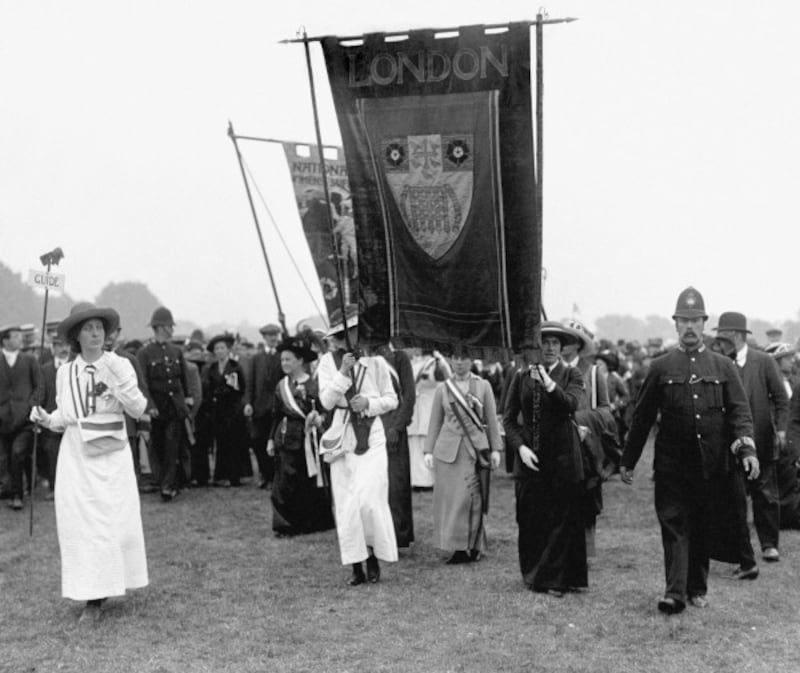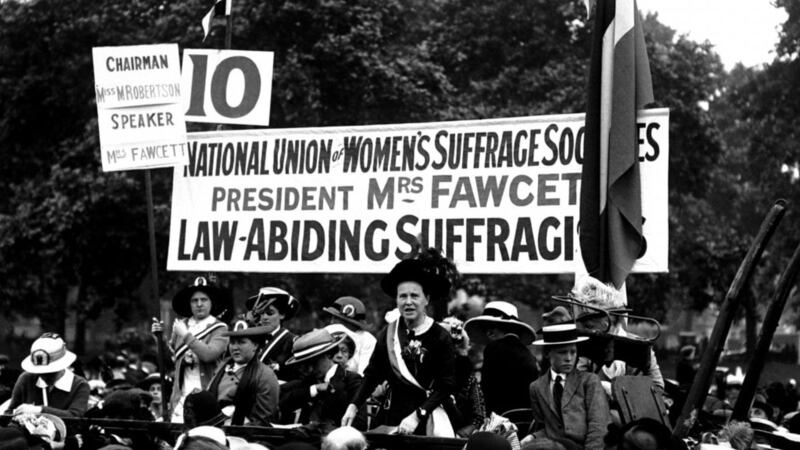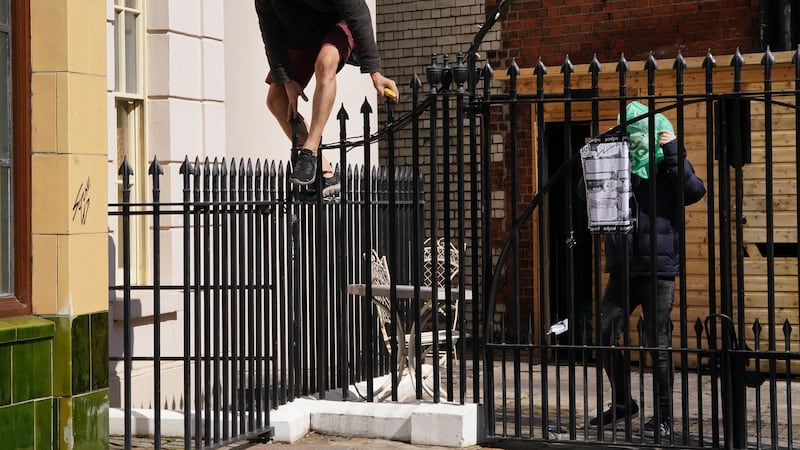A statue of leading suffragette Millicent Fawcett is soon to be erected in London’s Parliament Square. Here’s everything you need to know about the inspirational woman in question.
Who was she?
We're going to erect a statue of suffragist Millicent Fawcett in Parliament Square. She remains a true role model to us all pic.twitter.com/wLo4UaChqs
— Sajid Javid (@sajidjavid) April 1, 2017
Born in 1847, Millicent Garrett Fawcett spent much of her life leading a campaign to get women the vote. She worked alongside the suffragettes, but differed in that she used peaceful methods to achieve women’s suffrage.The Fawcett Society says: “Her skill was to navigate the case for women’s suffrage through Parliament using her intimate knowledge of the democratic process, hard-headed rational thinking and constant good humour.” After 60 years of campaigning, Fawcett saw her goal realised when women were given the vote.Fun fact: her sister was none other than Elizabeth Garrett Anderson, the first female doctor in Britain.
Why is she getting a statue now?
Finally thanks to @Number10gov & @sajidjavid who know their suffrage history & saw why it had to be #MillicentFawcett
— Sam Smethers (@Samsmethers) April 2, 2017
It will form part of celebrations to mark the centenary of the Representation of the People Act 1918, which was introduced thanks to Fawcett’s campaigning which first gave women the right to vote, the Government said.
Fawcett was chosen thanks to a campaign that Caroline Criado-Perez launched last year for a suffrage statue in Parliament Square.
Why is the statue such a landmark?

It will make Fawcett the first woman to be honoured with a statue in Parliament Square, joining the likes of Winston Churchill and Nelson Mandela.
Prime Minister Theresa May said: “The example Millicent Fawcett set during the struggle for equality continues to inspire the battle against the burning injustices of today.
Wonderful news that a statute of Millicent Fawcett will stand in Parliament Square alongside Churchill. A heroine of our democracy. https://t.co/Yjkifa4Hke
— David Lammy (@DavidLammy) April 2, 2017
“It is right and proper that she is honoured in Parliament Square alongside former leaders who changed our country.“Her statue will stand as a reminder of how politics only has value if it works for everyone in society.”
What does the Fawcett Society say about it?
Millicent Fawcett dedicated her life to women's suffrage. She will finally be honoured in Parliament Square. https://t.co/JAeCjTlNpW pic.twitter.com/8ktIGzPEAZ
— Fawcett Society (@fawcettsociety) April 1, 2017
Chief Executive Sam Smethers said: “A statue of her in Parliament Square will be a fitting tribute. Her contribution was great but she has been overlooked and unrecognised until now. By honouring her we also honour the wider suffrage movement.”
The society will use the centenary next year to tell the story of the suffragette movement. Smethers also said: “This statue is also a tribute to her and a testament to what one woman can achieve on behalf of all women.”








